Table of Contents
Real estate is often one of the most attractive business ventures, as its branding strategy promises a considerable return in a short period. It is one of the highest investment options for potential returns as well. The reason to invest in real estate is because the sector is always hustling and bustling, which creates lots of opportunities for profit-making. So, a real estate branding strategy is important.
Real estate success comes only with active involvement and keen observation of market trends. Hence, through proper observation of market trends and different choices, it is possible to break out and realise significant returns on investment.
According to a recent survey, residential real estate is likely to dominate the global real estate industry, driven by the prediction that the market will garner a volume of US$518.90 trillion in 2024 and reach a value of US$637.80 trillion.
Opportunities for real estate are plentiful. So, real estate branding strategy has to be approached very carefully, especially for beginners. Entering the market without any sound basis will surely get you into the realm of financial losses. The basis of success lies in knowing the industry well and defining a real estate branding strategy.
People who get into the real estate business should be told about all the risks and challenges involved. All said and done, there is lots of room for financial growth and diversification of the portfolio in real estate, provided that all preliminary requirements, knowledge, and preparation are met.
The Ultimate Guide to Real Estate Branding Strategy
A real estate branding strategy is a comprehensive process of creating a special identity and reputation for a real estate company, an agent or a property. The process of real estate branding strategy thus involves the formation of a unified verbal and visual brand to communicate special selling points and win over customers.
The real estate building blocks include the logo, tagline, brand colours, mission statement and overall design language. In fact, this real estate branding strategy helps brokerages and realtors communicate their goals, values, and mission to their target market effectively.

1. Personal Branding Is Vital In The Real Estate Business.
Personal branding in the real estate business is of prime importance and having a well-thought-out strategy of real estate branding differentiates top agents from others. It helps the agent distinguish himself or herself in a very competitive environment enabling the prospects to find their reflection in the mirror of reliability and expertise. It is the story of trust and competency that the agent broadcasts to the world, giving clients the assurance that they are in the best hands.
Much more than building trust, it is the vehicle through which agents gain recognition and start to shine in a crowded marketplace. With a real estate branding strategy, agents are stamping their presence into the minds of potential clients through consistent messaging over social media, on websites, and in marketing materials. It’s leaving an indelible mark in the clients’ memories that they can’t help but turn to.
Moreover, personal branding strategies attracts clients who resonate with the values and strengths of the agent. With a solid real estate branding strategy, they entice clients who identify with their philosophy by highlighting unique attributes and expertise leading to deeper and more meaningful relationships. It takes root, enduring market shifts and technological changes. Hence, a real estate branding strategy becomes the pivotal approach for visibility and forging lasting connections in the dynamic sphere of real estate.
2. Get Inspired by Great Real Estate Brands
After you define clearly what your brand stands for, it would be a great idea to look at other successful real estate brands for inspiration and ideas. Begin with the local agents and agencies around you and observe how they help to shape their brand identities. Then look even further by studying the strategies of bigger corporations in the real estate industry and branding from completely different sectors.
There is so much to learn about good real estate branding strategy by looking into a wide range of successful brands. The exercise keeps you in touch with the latest industry trends, but more importantly, it inspires creative thoughts by looking at the most unexpected sources.
Another way to be inspired is by looking at their real estate branding strategy components, such as logos, colour schemes, typography and design. Try to study what makes their branding different and how they have connected with their target audience. And consider the overall customer experience they provide from the moment they purchase their products or services to post-purchase support. No brand is perfect, so it is important to learn from the failure of successful brands. Look at their mistakes and how they have faced or even overcome them.
3. Be Honest in your field
Developing a credible real estate branding strategy offers numerous advantages. Firstly, it enhances credibility, fostering long-term relationships, diminishing risk and uncertainty and uniquely positioning your brand in a competitive market. Clients gravitate towards agents they trust and believe will prioritize their interests.
A trusted brand instils confidence in clients encouraging them to return for future transactions and to recommend your services to others. A real estate branding strategy that emphasizes trustworthiness can mitigate the inherent risks and uncertainties in real estate transactions, providing clients with peace of mind.
In an efficient market, a reputation for trustworthiness can be a differentiator of your brand. Consumers will have more trust in an agent they perceive as reliable even if it means paying higher fees or missing out on other options.
A real estate branding strategy that focuses on transparency and authenticity is crucial for building trust. Transparency involves open and honest communication with clients, providing clear and accurate information about properties, pricing, and the real estate process. Authenticity means staying true to one’s brand values, which fosters deep trust and loyalty among clients. By consistently applying a real estate branding strategy that highlights these principles, agents can distinguish themselves and build a trustworthy brand.
4. Be Flexible Brand Messaging
Flexibility is a key to developing real estate brands adaptiveness is important to change according to market trends, meet the needs of consumers, remain relevant and grab opportunities to develop resilience. The changing environment of the real estate market makes the brands adapt themselves in changes in trends in the market, economic conditions, and consumer needs. It is, therefore, the means to the long-term success of the brand in an ever-changing landscape.
Flexibility allows the brands to adapt their services to the ever-changing client needs. This includes changing marketing strategies, extending services, or accepting new technologies. Brand authenticity with relevance in a dynamic market must, therefore, be maintained. This means that while flexible, the brand can grow and develop still sticking to its core values and identity.
Embracing flexibility means creating opportunities and growth. This includes embracing new trends, new markets, and new niches of the real estate industry. This is a proactive way of positioning the brand for long-term success and sustainability.
Resilience is crucial for the adaptability of brands in this fast-paced world. Having the right balance of adaptability and core values and identity, brands are able to work through challenges and come out stronger. All said flexibility is what allows real estate brands to evolve and grow in a dynamic and competitive market environment.
5. Stay Competitive Property Marketing
Staying competitive involves several key factors in a real estate branding strategy. Firstly, it’s crucial to adapt to industry trends, which are constantly changing due to economic shifts, technological advancements and changing consumer preferences. This allows for proactive adjustments to strategies to remain relevant and competitive. Secondly, understanding competitor strategies is essential, as it provides valuable insights into what works and what doesn’t in the market.
Analysing competitor approaches can help identify areas for improvement and refine strategies to stay ahead of the curve. Thirdly, staying updated on industry trends and competitor strategies allows for continuous refinement and enhancement of brand positioning. Aligning offerings with market demands and consumer preferences strengthens the brand’s appeal and relevance to the target audience.
Lastly, learning from successful tactics from competitors and industry leaders can help in incorporating these strategies into one’s own strategy. Lastly, maintaining brand identity and values is vital, as it builds trust and loyalty among clients while remaining distinctive in a crowded market. By continuously evolving and innovating, businesses can stay ahead of the competition and thrive in the dynamic real estate market.
6. Be Authentic Client Relationships
Therefore, authenticity stands as an important attribute in the real estate industry towards building a trusting and credible relationship with clients. It builds an authentic relationship between the brand and the client and states honesty and sincerity. Values, principles, and business practices of the brand are other important aspects of authenticity that build the basic trust in the client. Transparency will ensure that the brand can be trusted to provide accurate information and will act in the best interest of the client.
The other aspect of authenticity is the consistency of the actions, communication, and delivery of services. The clients regard the brand as a reliable and trustworthy entity, hence reduces uncertainty and helps develop better confidence in their abilities. Building rapport and loyalty, authenticity develops stronger relationships and a deeper sense of loyalty.
Clients are likely to come back for the next transaction and are likely to refer the brand to others. In addition, authenticity sets the brand apart in a competitive market. It develops a unique personality, values, and approach to the brand, making it more memorable and attractive to clients. In essence, authenticity is important in developing trust, credibility, and relationships that last.
7. Engaging Employees Part of Real Estate Branding Strategy
Employee engagement is one of the most critical factors in developing and strengthening a real estate brand strategy. In the fast-paced, highly competitive world of real estate, with high expectations of quick and significant returns, it is therefore imperative to foster an environment where the workers have a very strong identification with the company’s mission.
This way, it can inspire them to become brand ambassadors, spreading the core values and vision of the brand among their customers and the larger community. The effect employees can have on the brand image is immense and significant in its development and prosperity.
It is recommended that real estate branding strategies elevate themselves by creating powerful customer connections through understanding their unique needs and desires, revealing innovative designs, and applying intelligent marketing techniques to highlight the differentiators and strengths of the brand.
Just like successful fashion brands market not just clothes but a lifestyle and experience to connect with consumers, involving employees in these branding strategies can create a powerful force that propels the real estate brand to greater heights.
Branding is not merely logos and colours in the dynamic and competitive world of real estate; it is creating a unique identity and meaningful relationships. It is a process that requires personal branding, drawing inspiration from successful brands, honesty, flexibility, competitiveness, authenticity, and employee engagement.
Through personal branding, it gives the agents the trusted expert to enlighten the client through the intricacies of the complex market. Then, learning from successful brands in the strategies will keep you at the leading edge. Honesty and authenticity achieve credibility and long-term relationship success.
Flexibility is crucial for keeping up with the market trends and changing needs of the consumers while ensuring growth and sustainability in the marketplace. In order to remain competitive, one needs to constantly look out for industry shifts and learn from competition. Authenticity breeds trust; it differentiates one from others in the crowded marketplace, which helps a brand gain loyalty and long-term relationships with its clients.
Lastly, there’s the engagement of employees, in that passionate and motivated employees are the ambassadors of the brand, speaking of values and vision that will echo to the world. These strategies, if adopted, can make real estate brands build potent customer relationships, elevate their market position, and thrive in a world that is under continuous change.

Sealing the Deal: Key Takeaways for Your Real Estate Branding Strategy
The branding is not merely logos and colours in the dynamic and competitive world of real estate. it’s about crafting a unique identity and fostering meaningful relationships. A real estate branding strategy is central to this process, encompassing personal branding, inspiration from successful brands, honesty, flexibility, competitiveness, authenticity, and employee engagement.
Personal branding empowers agents to become trusted experts, guiding clients through the complex market’s intricacies. A real estate branding strategy that draws on successful brands’ tactics ensures you stay at the forefront. Honesty and authenticity are the pillars of credibility and the foundation of lasting relationships.
Flexibility is vital for adapting to market trends and evolving consumer needs, ensuring growth and sustainability. A competitive edge is maintained by vigilantly monitoring industry shifts and learning from competitors. Authenticity engenders trust; it sets you apart in the crowded marketplace, securing loyalty and long-term client relationships.
Finally, employee engagement is crucial; passionate and motivated employees act as brand ambassadors, embodying the values and vision that resonate worldwide. Implementing these strategies can enable real estate brands to forge strong customer relationships, enhance their market position, and prosper in an ever-changing world.


